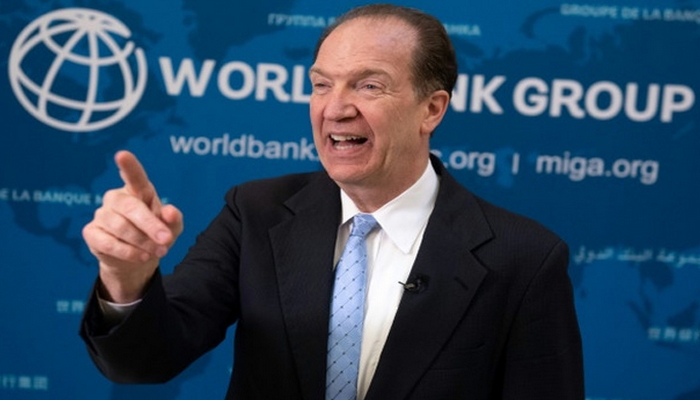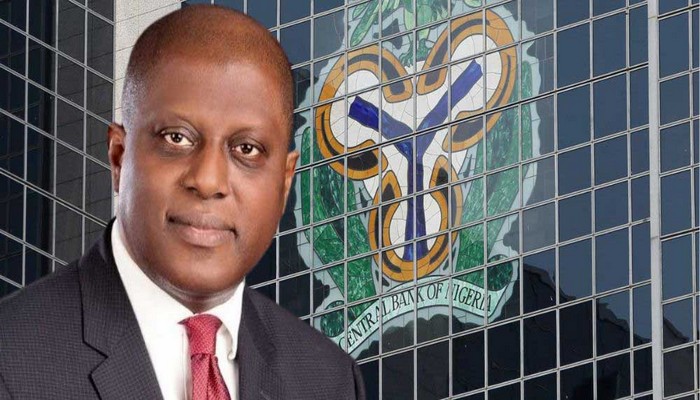
The President of the World Bank Group, David Malpass, has warned central banks across the world to stop pumping money into government expenditure.
In a Twitter space organized by the New York Times on Wednesday, July 20, 2022, Malpass explained that central banks should be more concerned with dealing with issues of supply chains.
The World Bank chief, in the spaces themed, ‘Why food prices keep rising and what it means for global hunger’, said central banks should move funds from capitalised sectors to cushioning shocks stemming from food shortages.
According to him, “I have argued and I think it is very important, that as central banks raise the interest rate, they will use other tools as well to fight inflation. And that means allowing capital to flow to the supply chains.
“That is right now blocked because the central banks are guiding so much of their capital into over- capitalised sectors of the global economy, meaning mostly governments. A lot of the money in the world is going into government, and that is not the most productive use.”
He noted that it was becoming increasingly difficult for poor countries to take care of their own people, placed the responsibility on advanced economies to step up to the challenge of expanding production for the world.
In a virtual conversation monitored by The ICIR on YouTube on May 26, 2022, Malpass warned of a global recession in the midst of the Russia-Ukraine war that threatened food and energy.
He also tasked developing countries to stop subsidising energy, but to rather create safety nets for their citizens to thrive.
Recently, the World Bank listed Nigeria among the top 10 countries in the world with the worst inflation rate, based on 2021 figures. Nigeria ranked 8th on the list with an annual inflation rate of 16.95 per cent, a list topped by the likes of Sudan, Lebanon, and Zimbabwe.
An ICIR report had portended that the cost of funds for lending in Nigeria’s banking sector could rise since the Central Bank of Nigeria’s (CBN) Monetary Policy Committee (MPC) increased the interest rate to 14 per cent.
The CBN Governor, Godwin Emefiele, said at the meeting that the committee would continue to increase the benchmark rate if it would tame rising inflation concerns.
Notably, the MPC increased the official interest rate by 100 basis points (bpts), bringing the total increase to 250bpts within three months.
The committee had increased the Monetary Interest Rate (MPR) by 150 basis point in May 2022, from 11.5 per cent to 13 per cent.
Similarly, Nigeria’s inflation figure surged to 18.60 per cent in June, from the May 17.71 per cent figure, on a year-on-year basis.






